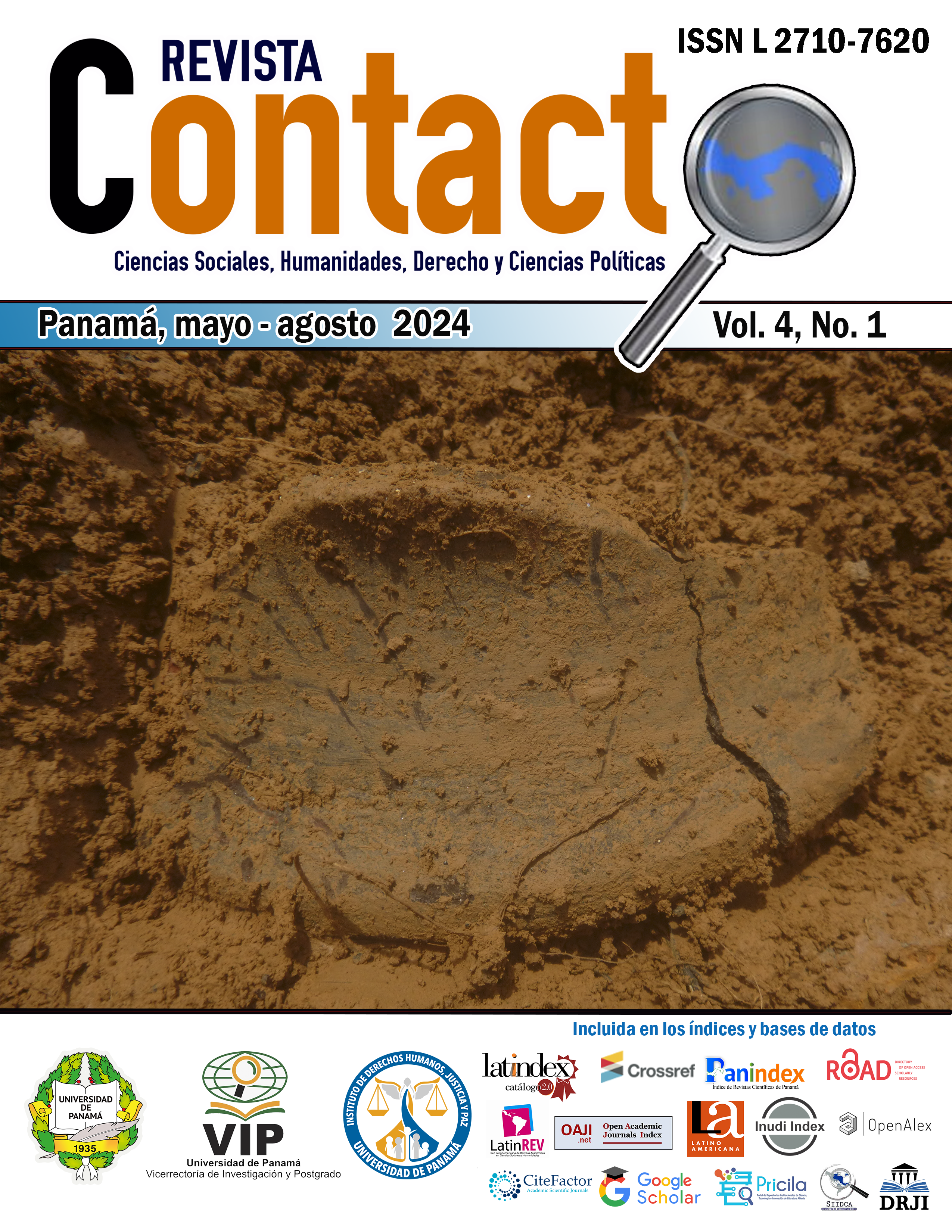

Copyright (c) 2024 Revista Contacto

This work is licensed under a Creative Commons Attribution-NonCommercial-ShareAlike 4.0 International License.
The post-pandemic landscape in Panama reveals significant challenges in its welfare system and public administration. Despite having developed a welfare state model throughout the twentieth century, based on social programs and public services, the efficiency and transparency of government administration have been questioned. The erosion of the foundations of the welfare state has become evident due to deficiencies in government management and bureaucracy. In order to address these problems, there is an urgent need to modernize and strengthen public administration, with the aim of ensuring an efficient and transparent service to citizens. In this context, administrative law emerges as a crucial component for the reform and improvement of the governmental system. By providing a sound and transparent legal framework, administrative law can contribute significantly to the modernization of public administration and the strengthening of democracy. This implies a focus on staff training, improving operational efficiency and promoting transparency in all areas of public administration. It also highlights the importance of a legal culture that recognizes and values the relevance of administrative law in the Panamanian context. The modernization of the Panamanian State in the post-pandemic period requires a comprehensive approach that combines structural reforms with a solid legal basis provided by administrative law. This approach aims to ensure an efficient, transparent and service-oriented government of the Panamanian people.